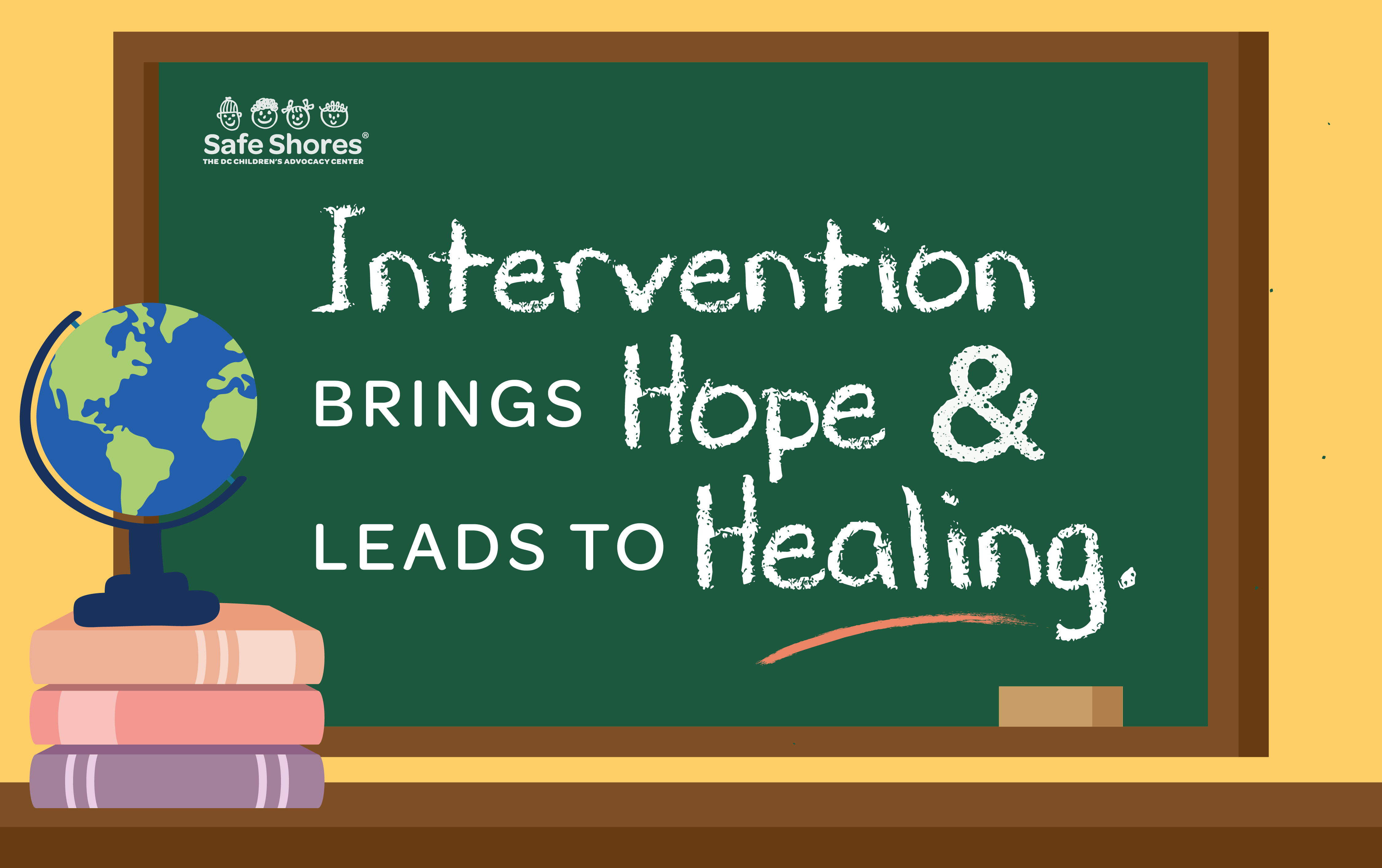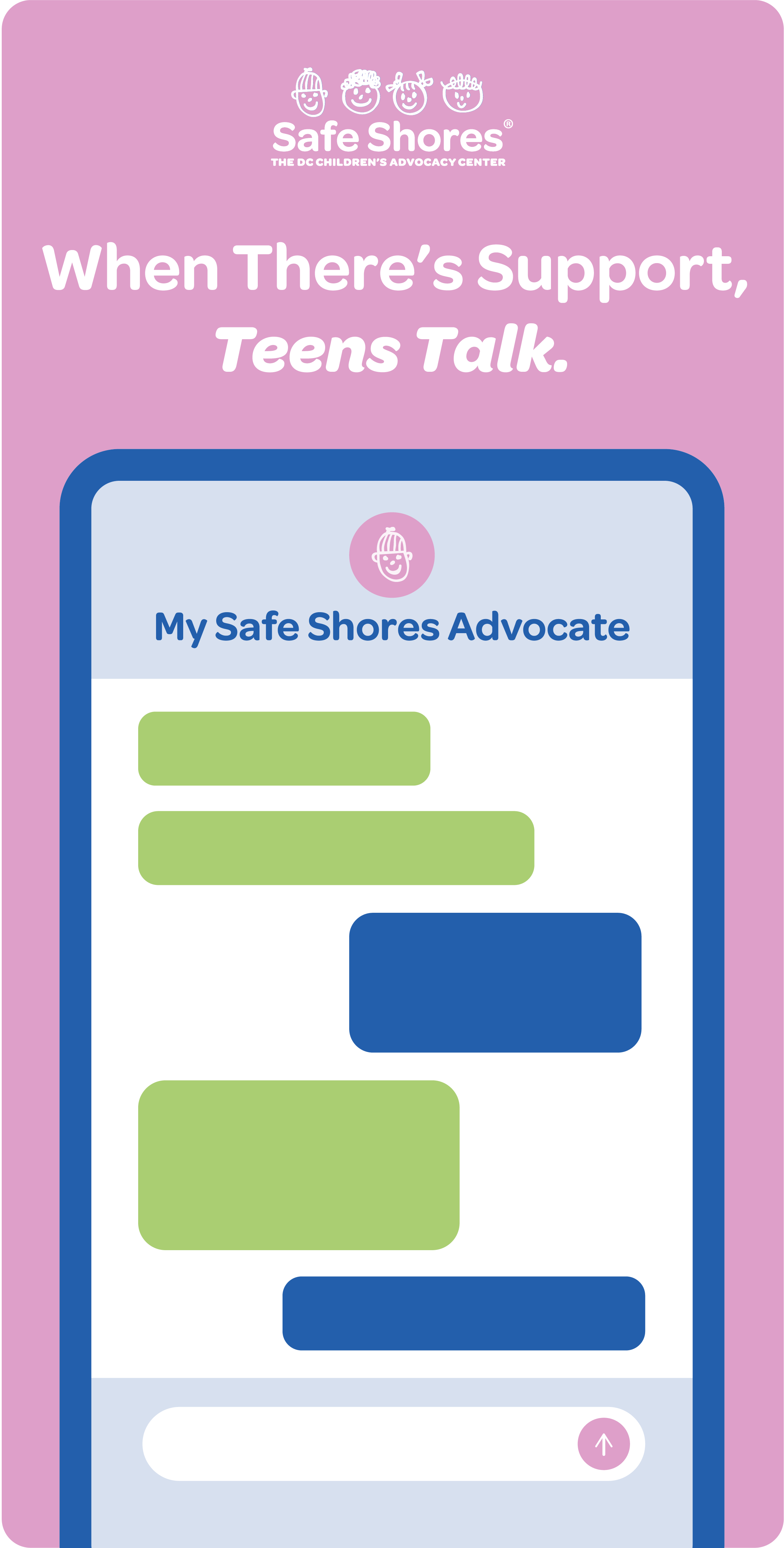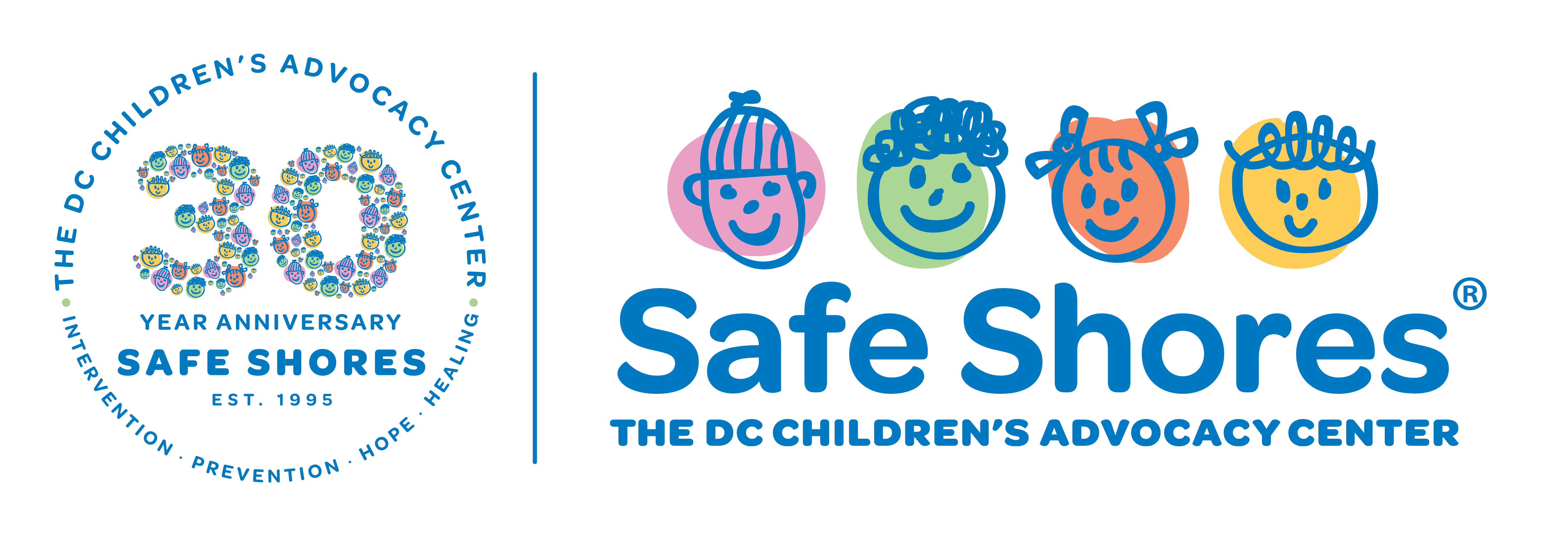
Teenage survivors of sexual assault have a new resource: Safe Shores’ Teen Advocates. While Safe Shores has always served child survivors from age zero to seventeen, the implementation of the Sexual Assault Victims Rights Act Amendment (SAVRAA) of 2019 gives us new tools for responding to adolescents’ unique needs in ways that respect their rights, agency, and dignity.
When There’s Support, Teens Talk
After experiencing a sexual assault by a family friend, Annie wasn’t sure who she could talk to. Annie was nervous to report the assault to the police because she had never talked in detail about her experience to anyone. As the days went by, feelings of anxiety and shame continued to build, and she knew she needed to ask for help. She decided to tell a trusted teacher at her high school and was connected to a Teen Advocate at Safe Shores. Because she had an advocate, Annie didn’t have to talk to the police straight away or tell her parents before she was ready.
 Having an advocate made Annie feel like she could discuss her concerns without being judged. While texting her Teen Advocate, she explained she had finally told her teacher because she wanted to talk to a therapist about her increasing anxiety and feelings of shame after the assault. However, she worried that if she opened up to her parents, they wouldn’t believe her, or that they would tell everyone at her church what had occurred. Annie also texted her advocate that she might be able to talk about her experience with both law enforcement and her parents, but that she didn’t want to do it alone.
Having an advocate made Annie feel like she could discuss her concerns without being judged. While texting her Teen Advocate, she explained she had finally told her teacher because she wanted to talk to a therapist about her increasing anxiety and feelings of shame after the assault. However, she worried that if she opened up to her parents, they wouldn’t believe her, or that they would tell everyone at her church what had occurred. Annie also texted her advocate that she might be able to talk about her experience with both law enforcement and her parents, but that she didn’t want to do it alone.
Annie’s Teen Advocate was there during the interview with law enforcement and helped her prepare to tell her parents. Together, Annie and her advocate explored what felt important for Annie to say, prepared for possible reactions, and discussed how she could regulate her emotions in case she became upset by the conversation with her parents. When the time came for Annie to tell her parents, her Teen Advocate was there to support her.
Though they were upset about what had happened to their daughter and didn’t understand why she hadn’t told them sooner, Annie’s parents wanted to learn how to best support her. The Teen Advocate explained that it was normal for teens not to share this kind of information with parents right away, and gave them tips on how to support Annie in making choices about her healing process. Annie’s advocate encouraged them to take Annie to her therapy appointments, not disclose what happened to her outside of who she chose to tell, and to help Annie create a safety plan to ensure she would never again see the family friend who assaulted her.
Now, Annie is receiving therapy services and has the support of her parents. She still texts with her Teen Advocate frequently for emotional support and to receive updates about her case.
When you donate to Safe Shores, you are supporting programs that recognize and respect the unique developmental and cultural needs of each client. Thank you for helping to provide support to clients like Annie!


